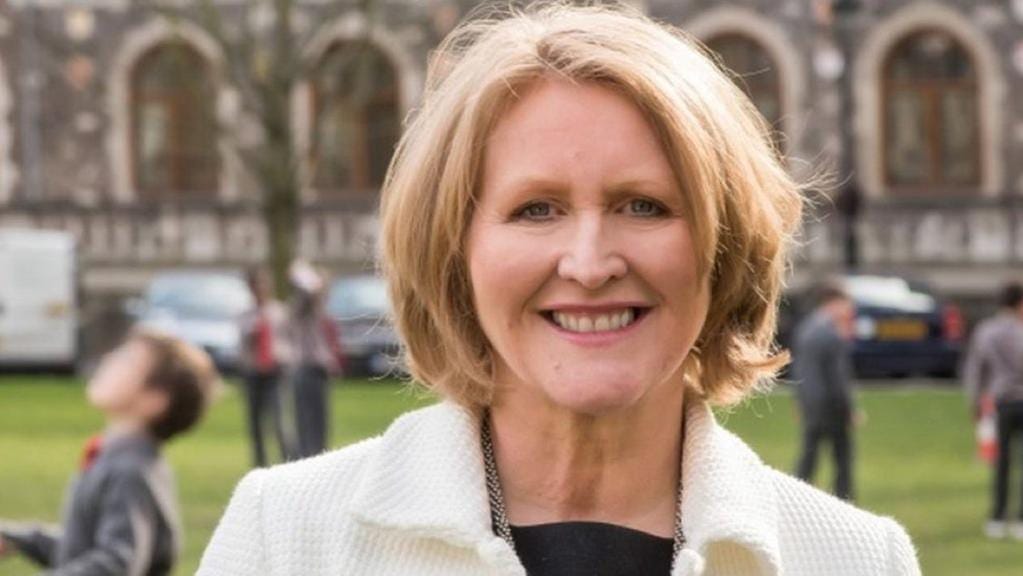Anne Longfield OBE, the Children’s Commissioner for England recently produced a report and featured in a documentary on home education.

Ryan Stevenson
We discuss the report from the Children’s Commissioner on home education and the related Dispatches documentary
Children's Commissioner report and documentary on home education sparks debate
Anne Longfield OBE, the Children’s Commissioner for England, recently produced a report on home education. The report – “Skipping School: Invisible Children – How children disappear from England’s schools” – has received a lot of press. Channel 4 then aired a documentary, with Longfield, which featured some families with children in home education. The documentary has angered many homeschooling parents.

What are the report's key findings?
The report featured a sympathetic introduction from Longfield. She empathised with parents who find themselves having to remove their children from “an unforgiving school system”. She shared the anecdote of a parent likening her daughter’s school to the Hunger Games. She is clearly passionate about children receiving a good education.
The report discusses the growth of home education, citing research from the Association of Directors of Children’s Services (ACDS). ACDS indicates that the number of children in home education has doubled over the last 4 years. The report also discusses reasons for this sharp growth, including:
- Unmet needs: includes dissatisfaction with school as well as health and emotional problems.
- Budgetary strains: funding per pupil has fallen 8% since 2010, requiring cuts to resources to support students with additional needs.
- Off-rolling: the practice of schools removing a pupil without a formal exclusion process through pressurising parents.
While the report did conclude that many parents are devoted to providing their children with high quality education, it also cautioned about parents struggling to cope. It also discusses the need to improve the well-being of children being home educated.
What are the report's key recommendations?
- A home education register: calls for parents to register home-schooled children with the local authority.
- Strengthened measures to tackle off-rolling: including increased attention from Ofsted and school's acknowledging that poor behaviour may be linked to special educational needs (SEN). Children withdrawn from school should be easily able to re-register with the same school.
- Advice and support for children and families: within three days of a decision for a child to be withdrawn from school, the local authority should visit the family to provide advice and support.
- Greater oversight of children: council education officers should visit each child being home educated at least once per term to assess their education and welfare.
- Decisive action against unregistered schools: government to strengthen the law to make it easier to prosecute illegal schools.
What has caused unhappiness amongst homeschooling parents?
The Children’s Commissioner report would have been better received, presumably, if not for the Dispatches documentary. Dispatches is Channel 4’s investigative current affairs program.
Dispatches showed a series of case studies, which featured Anne Longfield spending time with different families with children in home education. It also featured the distressing case of Dylan Seabridge, a neglected eight year old boy who died of scurvy in 2011.
We understand why homeschooling parents might feel angry after watching the documentary:
- Did Dispatches present any of the numerous home education success stories?
- Were the selected case studies a representative sample?
- Did it select cases designed to stir up emotions about "invisible children" being harmed by their parents?
- Was a balanced view of home education shown?
Some thoughts on home education
Most parents do not make the decision to home educate their children lightly. Under-resourced schools, additional learning needs and mental health and anxiety can all play their part (see our previous blog on the subject). Homeschooling often requires a parent to stay at home, impacting on their career and personal time. Parents may also need to spend money on hiring tutors to help fill gaps in their own knowledge. It is therefore a journey that requires commitment and dedication.
Responding to the report on home education:
-
Anntoinette Bramble, Chair of the Local Government Association's Children and Young People Board, commented:
“Councils fully support the rights of parents to educate their children in the best way that they see fit, and the vast majority of parents who home educate their children do a fantastic job ..."
-
A Department for Education spokesperson said:
“Where children are being home educated, we know that in the vast majority of cases parents are doing an excellent job. We also know, however, that in a very small minority of cases children are not receiving the standard of education they should be ...”
What do you think?
At Bright Heart, we speak to many parents who feel let down by schools and are desperately trying to help their children realise their potential. We would love to hear your views on the documentary and report.
Please share your thoughts on our Facebook post or get in touch if you prefer!
Share this article













